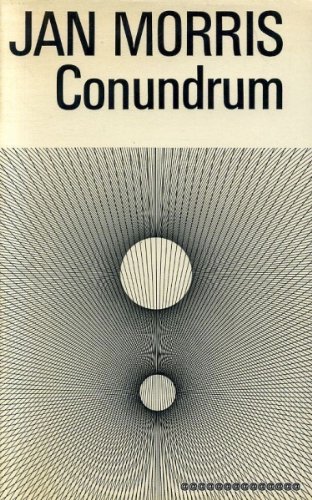Jan Morris (1926 – 2020) was a Welsh writer known for being one of the first celebrity transgenders in the West.
She wrote the book Conundrum about his sex reassignment surgery.
Two quotes from that book:
“I was three or perhaps four years old when I realized that I had been born into the wrong body, and should really be a girl. I remember the moment well, and it is the earliest memory of my life.”
“The first man who ever kissed me, in a carnal way, after my return from Casablanca, was a London taxi-driver who drove me one morning to the recently opened Army museum in Chelsea. We chatted all the way across London, and when we reached the museum he got out of his cab to look at the new building with me. Quite suddenly, slipping his arm around my waist boldly on the pavement, he kissed me roughly and not at all disagreeably on the lips. ‘There’s a good girl,’ he said, patting my bottom and returning to his cab: and all I did was blush.”


